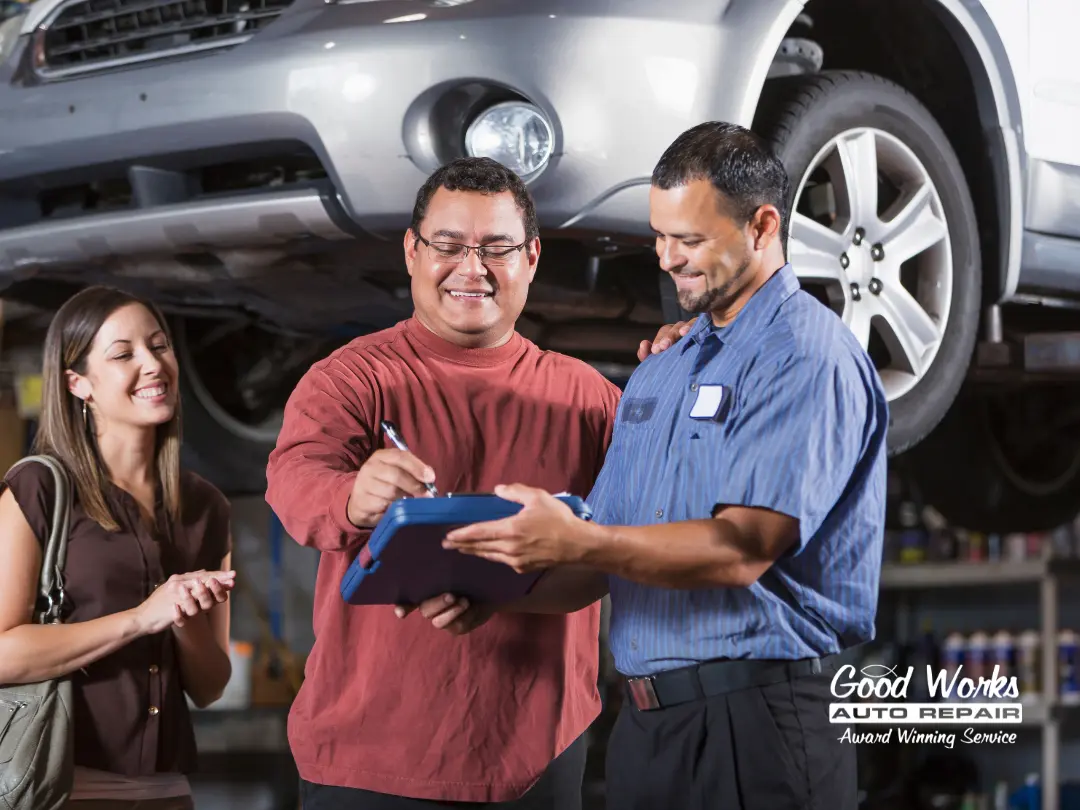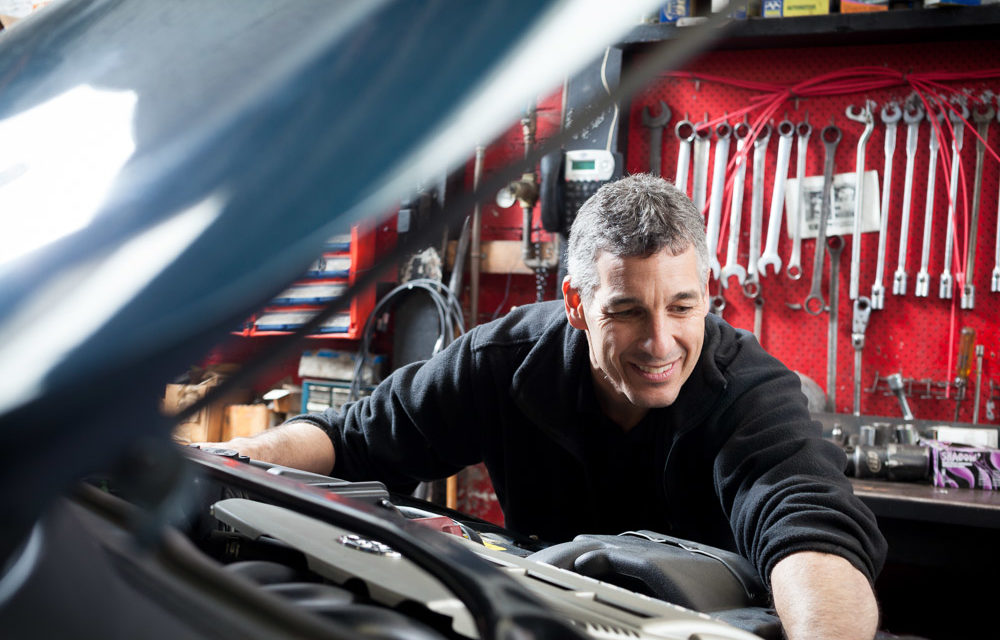All Categories
Featured
Your automobile's brakes are among the most vital parts in guaranteeing your security and the safety and security of others on the road. Routine brake evaluations are crucial to preserving optimal stopping efficiency and avoiding pricey repair work. Whether you're an experienced vehicle owner or a new vehicle driver, recognizing brake examination standards can assist you stay aggressive regarding maintenance and guarantee your automobile is constantly roadworthy.
- Why Brake Inspections Matter. Brakes go through constant deterioration. The even more you drive, the much more rubbing your brake pads endure, eventually leading to reduced stopping effectiveness. Without correct assessment, it's hard to evaluate when your brakes may be in need of fixing. Regular brake checks aid identify problems early, stopping possible failings that can place you in jeopardy.
A well-kept brake system ensures fast, responsive quiting power, particularly in emergency situations. It also assists prolong the life of your car, as overlooking brake upkeep can lead to much more extreme, expensive issues later.
- Indicators You Required a Brake Assessment. While it's essential to have your brakes checked periodically, specific indicators might show that they require attention. Keep an eye (and ear) out for these caution signals:
Squeaking or Grinding Noises: Unusual noises, especially a shrill squeal or grinding sound, typically imply that your brake pads are worn down. Vibration or Pulsation: If you feel vibrations or a pulsing experience when pushing the brake pedal, it might be an indication of warped blades or irregular brake pad wear. Reduced Brake Responsiveness: If your brakes really feel less receptive or you need to press the pedal harder to reduce, it might show air in the brake lines or low brake liquid. Drawing to One Side: If your lorry pulls away when braking, it could imply irregular brake pad wear or a brake liquid leakage. Dashboard Warning Lights: Some cars have brake-related warning lights that show issues like low brake liquid or worn brake elements. If you discover any of these signs, it's crucial to have an expert mechanic perform a brake examination asap.

- What Happens Throughout a Brake Assessment? Throughout a brake assessment, a technician will certainly inspect several essential elements of the braking system to ensure every little thing is in functioning order. Here's what you can expect during the procedure:
Brake Pads and Shoes: The auto mechanic will evaluate the density of the brake pads or footwear. If they're also slim, they'll require to be changed. Brake Rotors: Rotors are the discs that the brake pads press against to reduce your cars and truck down. They'll be looked for any type of indications of wear, racking up, or warping. Brake Liquid: Reduced or contaminated brake fluid can hinder braking efficiency. The specialist will certainly check the fluid degree and quality and top it up or purge it if essential. Brake Lines and Tubes: Brake lines carry fluid from the master cyndrical tube to the brakes. The auto mechanic will look for any kind of leaks, cracks, or damages to guarantee proper fluid circulation. Brake Calipers and Wheel Cylinders: Calipers and wheel cyndrical tubes push the brake pads versus the rotors or drums. The specialist will certainly examine for wear, leakages, and appropriate operation. 4. How Frequently Should You Have Your Brakes Checked? The regularity of brake assessments relies on elements like your driving practices, the sort of vehicle you drive, and the atmosphere in which you drive. As a basic regulation, it's a great idea to have your brakes checked every 12,000 miles or yearly. Nevertheless, if you experience any of the warning indications discussed earlier, it is essential to get your brakes inspected quickly.
For those who often drive in rush hour, mountainous terrain, or extreme climate condition, more regular assessments might be required.
- Significance of Timely Brake Fixes. When you discover a problem with your brakes, it's important to resolve it today. Postponing brake fixings can lead to even more significant damages to your stopping system, leading to greater fixing costs. In extreme instances, disregarding brake problems can cause finish brake failure, which is a major safety threat.
By remaining on top of brake upkeep and attending to concerns quickly, you guarantee that your brakes proceed to do as intended, keeping you and your guests safe when traveling.
Conclusion: Maintain Your Brakes in Top Shape. Brake assessments are a straightforward yet vital part of lorry maintenance. By understanding the relevance of normal evaluations, understanding the indicators of brake problems, and remaining aggressive with repair work, you can ensure your car's stopping system continues to be in optimum problem.
Latest Posts
Dependable Commercial Roofing Providers by Weathercraft
Safeguard and Enhance Your Home with Weathercraft's Siding Providers
Find the Premier Auto Repair Coupons in Montclare, Chicago
